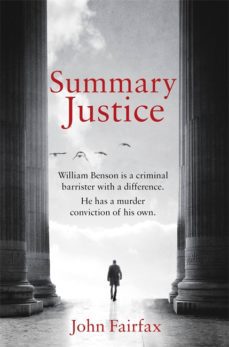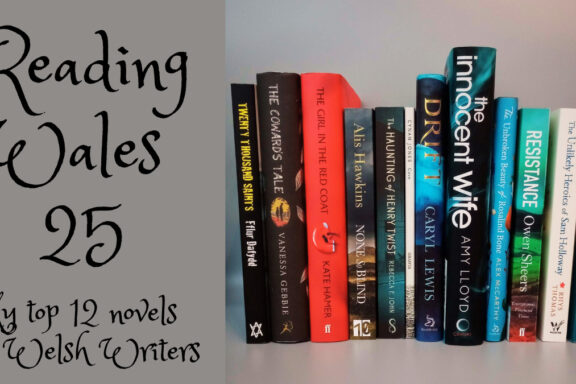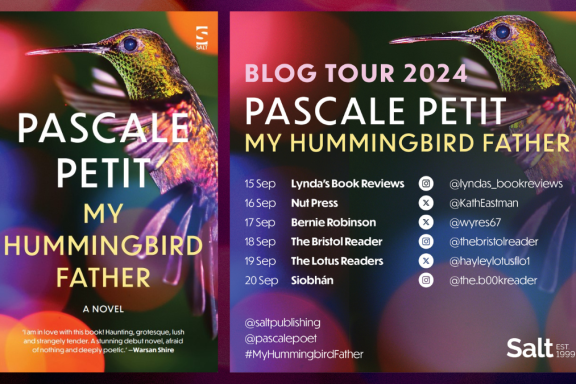 The lawyer in me was attracted to the title and striking cover of Summary Justice, which led me to expect this to be about a legal battle against all the odds, even though unfamiliar with the author’s name. (Which as it turns out is a pen name.) Once I read the following blurb, I knew I had to read it.
The lawyer in me was attracted to the title and striking cover of Summary Justice, which led me to expect this to be about a legal battle against all the odds, even though unfamiliar with the author’s name. (Which as it turns out is a pen name.) Once I read the following blurb, I knew I had to read it.
The last time Tess de Vere saw William Benson she was a law student on work experience. He was a twenty-one year old, led from the dock of the Old Bailey to begin a life sentence for murder. He’d said he was innocent. She’d believed him.
Sixteen years later Tess overhears a couple of hacks mocking a newcomer to the London Bar, a no-hoper with a murder conviction, running his own show from an old fishmonger’s in Spitalfields. That night she walks back into Benson’s life. The price of his rehabilitation – and access to the Bar – is an admission of guilt to the killing of Paul Harbeton, whose family have vowed revenge. He’s an outcast. The government wants to shut him down and no solicitor will instruct him. But he’s subsidised by a mystery benefactor and a desperate woman has turned to him for help: Sarah Collingstone, mother of a child with special needs, accused of slaying her wealthy lover. It’s a hopeless case and the murder trial, Benson’s first, starts in four days. The evidence is overwhelming but like Benson long ago, she swears she’s innocent. Tess joins the defence team, determined to help Benson survive. But as Benson follows the twists and turns in the courtroom, Tess embarks upon a secret investigation of her own, determined to uncover the truth behind the death of Paul Harbeton on a lonely night in Soho.
You can’t get much more flawed as a criminal lawyer than if you’ve been convicted of murder, so even before you know much more about William Benson, you wonder why he did what he did, if he even did what he was convicted of, and why he’s now back in court but this time as counsel. He’s an intriguing character and one that we start to get to know throughout Summary Justice. I say start, because as this is the first book in an intended series, the reader won’t know everything by the end, even if the story threads are tidied up neatly enough to satisfy most readers while still leaving some unanswered questions to ponder until the next book in the series comes out.
It’s also interesting for two characters to have a past connection or shared history and meet years later, especially if there’s a shift in the dynamic as here. When William Benson and Tess de Vere first met, one was the defendant in a murder trial, the other a law student taken to court to observe law in practice. When they next meet, it’s after he’s studied law while serving some of his sentence, and is today not only out on licence but qualified as a barrister. Tess is also qualified, but as a solicitor rather than barrister, and she’s making a name for herself, currently in a respected London law firm. Although they’re both technically and professionally on the same side of the law now, it seems a part of William Benson will forever be classed, and treated, differently. Despite his apparent rehabilitation, some will always see the criminal in him, the murderer, and nothing beyond that.
If Summary Justice has such a memorable backstory, the present-day case also needs to be a good one so it’s not overshadowed, and it certainly is that. A single mother with a disabled son accused of murder in what appears to be an open and shut case. But nothing’s ever that straightforward and with only days to go before trial, Tess joins forces with Benson and his equally unusual clerk to delve deeper into it and come up with some answers, and a defence for their client.
Thanks to the author having practised as a barrister, the courtroom scenes in Summary Justice are realistic and more true to life than most other depictions in fiction or on film or TV these days. With his case management and defence, Benson operates within the law he’s come to know so well, and hints at the extensive reading he’s done in medical journals and other reports impacting his field of criminal law. The court room scenes are dramatic but well-measured and paced; Benson’s own observations and people-watching skills honed during his time inside only adding to the intrigue and keeping the reader guessing as to whether his client is innocent or guilty, or which one of the other possible scenarios might be the real explanation for what’s gone on here.
Added to this realism, Tess, Benson and his clerk also get to play detective outside the confines of his chambers and the courtroom. No one else is willing to help them with the case, which seems to have a foregone conclusion, so it’s credible here that they have to do this legwork themselves in order to find an alternative explanation for what happened. Especially when their client is holding things back.
Summary Justice introduces the reader to an unusual set of characters and a new dynamic in the pairing of Benson and Tess, which I’m eager to read more of in their next case, so cleverly introduced towards the end of this novel. I enjoy books about people who don’t conform to society’s norms, and I certainly found that here in the two main characters, as well as those secondary characters who come into their worlds for either personal or professional reasons. These are interesting characters and this is a new series with a compelling first case, and the promise of an equally fascinating follow-up, which I’m excited to have read when it’s just starting out. I’m intrigued to see where it goes, and what insights into the characters and their motivations subsequent books and their cases bring.
Summary Justice is a new legal high and I can’t wait for my next fix of Benson and de Vere. Get your seat in the public gallery now, this is one courtroom drama you won’t want to miss.
Summary Justice by John Fairfax is published by Little, Brown and it is available as an ebook and audiobook and in hardback. You can buy it from Amazon UK, Audible UK, Foyles, Hive (supporting your local independent bookshop) and Waterstones by clicking on any of the links.
John Fairfax is the pen name of William Brodrick who practised as a barrister before becoming a full-time novelist. Under his own name he is a previous winner of the Crime Writers Association Gold Dagger Award and his first novel was a Richard and Judy Selection.
My thanks to the publisher for providing me with a review copy through NetGalley.
The Summary Justice Blog Tour runs until 25th March, visiting the following blogs:
 |
 |



Leave a comment